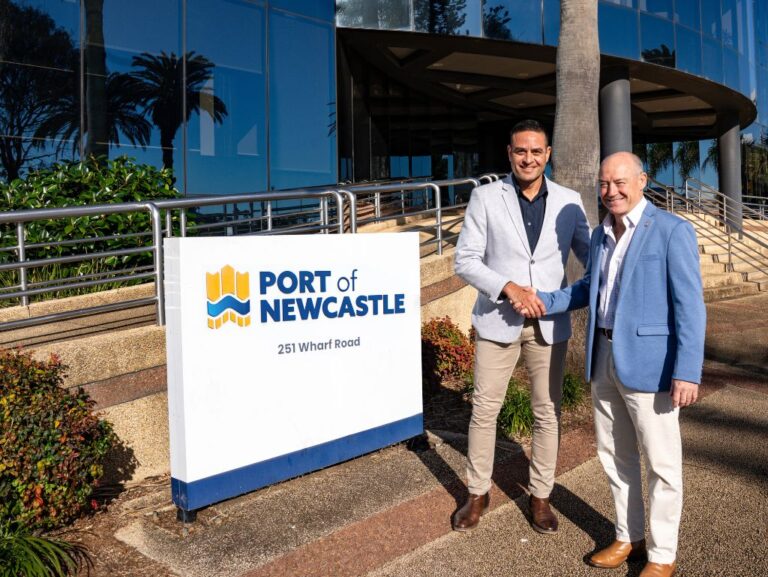On Monday 19 September, we celebrated National Family Business Day in Australia – a day to recognise the more than 1.4 million family businesses that operate across the country.
These are enterprises of all shapes and sizes and provide a significant contribution to the national economy as well as providing jobs for family members and staff.
KPMG’s Family Business Survey 2022 highlighted family businesses in Australia play an important role in our society, and our economy. They represent 67 percent of all Australian businesses, provide 55 percent of private sector employment, 48 percent of total private sector wages paid, and half of all gross industry value added in Australia.
The Hunter region is no exception, and at KPMG, we want family businesses to continue to be successful into the future. We are fortunate to not only be surrounded by family businesses, but also to bear witness to how 5th and 6th generation family businesses evolve and diversify.
What makes family businesses a distinct sector with certain attributes and operational approaches is not always broadly understood. Many such entities offer innovation and entrepreneurial approaches which can inform strategy for leaders and other SMEs.
The Federal Parliamentary Joint Committee on Corporations and Financial Services report (PJC Report) Family Businesses in Australia – different and significant: why they shouldn’t be overlooked was released in March 2013. Although nearly 10 years have passed it still offers significant insight. It offered the following as key attributes of family businesses, finding they are:
- risk averse and take a long-term approach
- flexible in decision-making
- demonstrate a greater commitment to retaining staff
- make a significant contribution to the community in which they operate
- deliver higher labour productivity than non-family firms.
Since the publication of that report the collection of data to provide deeper insight into the prevalence and maturity of family businesses in Australia has been slow.
However, what we do know is informative.
Firstly, family businesses, be they small to medium enterprises or larger corporates acting under the control of their majority family owners, are the most common form of business enterprise.
Global estimates suggest that between 70 – 90 percent of the world’s GDP was contributed by businesses controlled by a single family’s majority ownership.
Secondly, the power of family business is purported to have demonstrated an outperformance of 6.65 percent on a return on assets as compared to public companies. This is explained, in part, by their commitment to a long-term strategic imperative of cautious growth, calculated entrepreneurial risk taking and a desire to maintain ownership and control within the family.
For nearly twenty years, KPMG in Australia has compiled data from across the family business sector. Gradually, over that time, there has been a steady transition of the management, control, and ownership of Australian family businesses from first to second and subsequent generations.
However, in line with other surveys of family businesses, the percentage of survey respondents, in Australia, representing the first generation of owners was higher (51 percent) compared to the global peer group (40 percent) The lowest percentage were those representing European family businesses at 31 percent, which coincided with the highest percentage representing third generation and above at 26 percent.
Without a solid understanding of the sustainability of family businesses, the theory, that only 10 percent of family businesses survive through to the third generation and beyond, may encourage the view that to monitor the sector more closely would be unproductive. Yet continually new businesses emerge which are or will evolve to be ‘family businesses’ if not in name, in their mindset.
Emphasis should be placed on the key attributes family businesses bring to the Australian economy. These include valuable abilities such as aptitude for transition, delivering diversity and investment in entrepreneurship and agility. In the Hunter region we are no stranger to change, transition and innovation. In fact it is in our DNA; making family businesses resilient and buoyant despite challenging circumstances.
At KPMG we celebrate family business and are proud to work alongside some of the most iconic family businesses, support their development as ‘high-growth entrepreneurial’ ventures and embrace the notion that ‘family led’ businesses are the foundation of our economic and social well-being.






